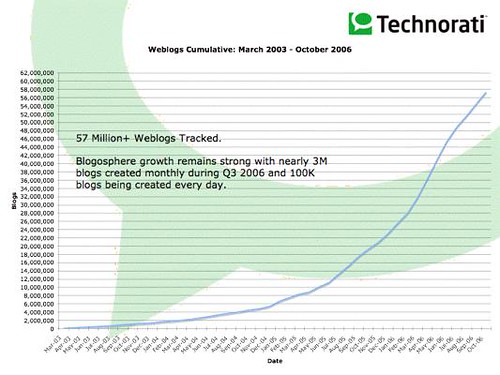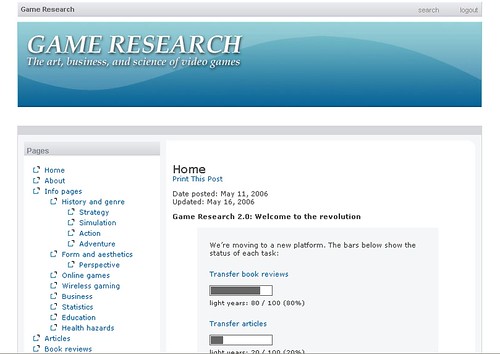You may have noticed from that desperate plinking of your email client that Facebook is taking over the world. The invasion of Denmark started for real, relatively late, around October of this year.
I wrote a little analysis of the phenomenon for the newspaper Politiken a few weeks ago. If your Danish skills are up to it, you can read it.
The point, in essence, is that I see four main motivations for using Facebook:
1) Social necessity: You want to be where your friends are
2) Identity management: Being able to construct a self image, with great control and many options, is appealing
3) Worried curiosity: Who knows, something very important might be happening in there
4) Practical help: Keeping track of friends and weak ties through Facebook is simply practical
Of course, this list leaves out a factor: Hanging out on Facebook is simply entertaining (as Malouette mentions.). It is a constant cocktail party (although one with too little hard liqueur and too many zombies) and members of homo sapiens, as a rule, enjoy being social. Of course, to get all long-haired (and to protect my little list from criticism) one could argue that “fun” is a meta-factor. Using Facebook is “fun” because it satisfies “needs” such as the ones in my list.
Comments, questions and mad outbursts are welcome as always.


